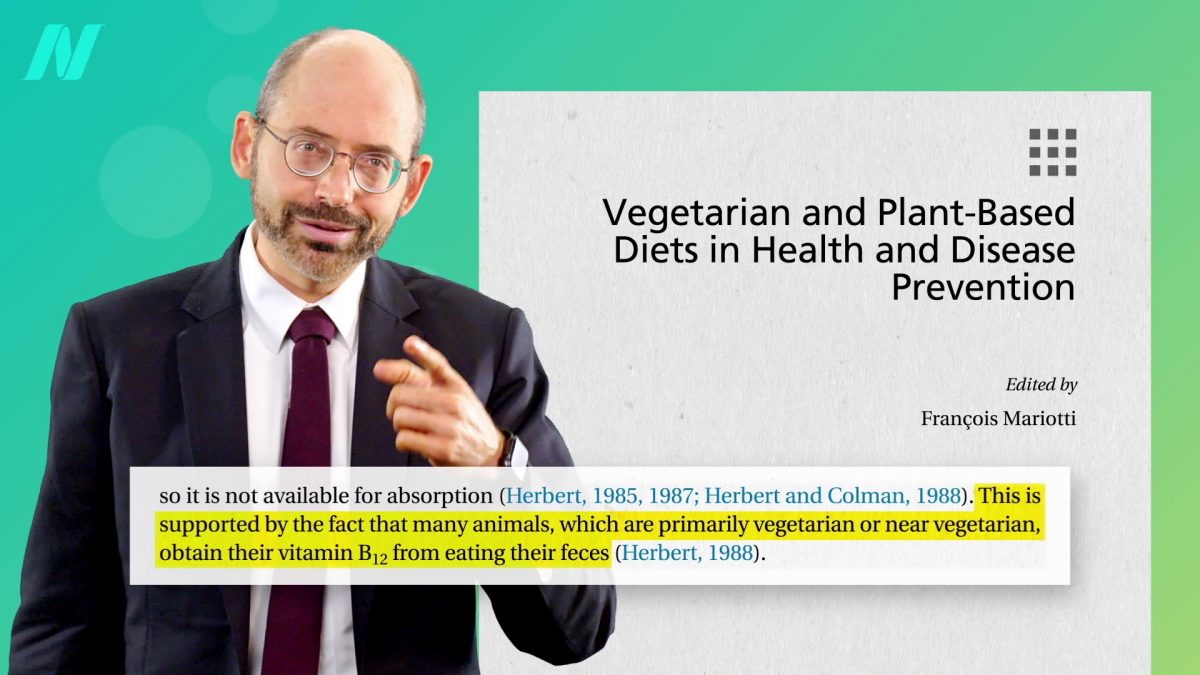There was a time I couldn't say no to a meat-based cuisine, it was what I always craved the most. It made me to patronize local hunters around where I lived, basically giving my support to invade the animal world and kill them just to satisfy my lust for flesh. Honestly, I was a slave to pleasure.
My mother used to say this to me when we had no animal products to support our meals when I was young; 'ability to adjust is part of education'. That saying grew on me, but culture had more influence over me than education did. We Africans have a culture that's built around meat eating, the more chunks of meat you are served at a table, signifies your wealth, prestige and affluence. As a father, you are entitled to 2-3 chunks of meat in a meal, it's a form of respect from the wife to the husband. Giving your husband one chunk of meat is disrespectful and an insult. How then can she be prompted to give no meat to him on the basis of ethical reasons towards animals? It just impossible because most Africans are slaves of pleasure.
Sadly, Africans do not consider the ethical principles involved in the processing of meat. We see animals as a form of gratification, meat consumption transcends just eating it at meals, even after satisfying one's hunger, we still consume it just for pleasure. Pleasure is violent when not controlled, it's like a raging bull mounted by a rider with hopes to subjugate it. Why should we allow pleasure to dominate us? That has always been the cause of every evil act perpetuated against fellow man and animals; pleasure for sex leads to rape, pleasure for taste leads to death, pleasure for money leads to robbery, pleasure for power leads to oppression. Man's problem is lack of control, too weak to not give in to his impulses. Until we start cultivating the habit of controlling our impulses, we would only remain slaves to pleasure.
Now, I don't know much about other places, I can only speak for Nigeria in West Africa. But looking at a lot of vegan restaurants, food companies, and platforms in the states that are putting the hard work to produce plant-based products as alternatives to animal products, I can say embracing vegan lifestyle could be pretty easy over there. Some might tell me, it sure doesn't taste the same, but what has the taste got to do for you so long as it's nutritious, it just shows that you still a slave to pleasure.
I would round up with a saying my older brother and I used to console ourselves, when others had more tasty food than us to satiate their pleasure;
"It would all end in the toilet"
Peace & Love
Cyril
My mother used to say this to me when we had no animal products to support our meals when I was young; 'ability to adjust is part of education'. That saying grew on me, but culture had more influence over me than education did. We Africans have a culture that's built around meat eating, the more chunks of meat you are served at a table, signifies your wealth, prestige and affluence. As a father, you are entitled to 2-3 chunks of meat in a meal, it's a form of respect from the wife to the husband. Giving your husband one chunk of meat is disrespectful and an insult. How then can she be prompted to give no meat to him on the basis of ethical reasons towards animals? It just impossible because most Africans are slaves of pleasure.
Sadly, Africans do not consider the ethical principles involved in the processing of meat. We see animals as a form of gratification, meat consumption transcends just eating it at meals, even after satisfying one's hunger, we still consume it just for pleasure. Pleasure is violent when not controlled, it's like a raging bull mounted by a rider with hopes to subjugate it. Why should we allow pleasure to dominate us? That has always been the cause of every evil act perpetuated against fellow man and animals; pleasure for sex leads to rape, pleasure for taste leads to death, pleasure for money leads to robbery, pleasure for power leads to oppression. Man's problem is lack of control, too weak to not give in to his impulses. Until we start cultivating the habit of controlling our impulses, we would only remain slaves to pleasure.
Now, I don't know much about other places, I can only speak for Nigeria in West Africa. But looking at a lot of vegan restaurants, food companies, and platforms in the states that are putting the hard work to produce plant-based products as alternatives to animal products, I can say embracing vegan lifestyle could be pretty easy over there. Some might tell me, it sure doesn't taste the same, but what has the taste got to do for you so long as it's nutritious, it just shows that you still a slave to pleasure.
I would round up with a saying my older brother and I used to console ourselves, when others had more tasty food than us to satiate their pleasure;
"It would all end in the toilet"
Peace & Love
Cyril
Last edited:




